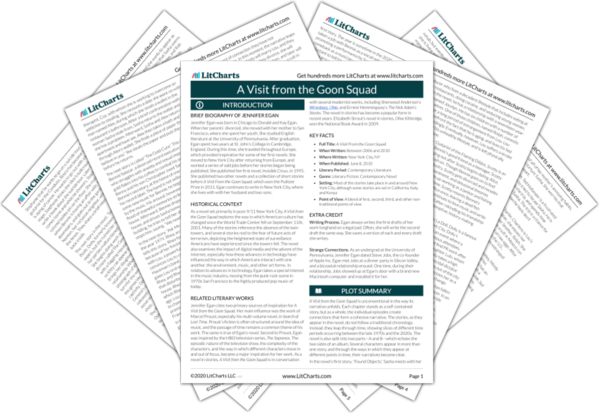Jules sees Kitty in a moment of authenticity as she speaks about her horse. In his mind, the disconnection caused by her celebrity slips away, and he feels the barrier between them fall. He reads this as an opportunity to push the connection toward a sexual end. His emotions turn to rage as he thinks about his ex and the destruction he believes she has caused in his life, though it is clear at this point that Jules’s instability is the real problem. He believes entering into Kitty’s “pure liquids” (in a kind of twisted baptism) will be redemptive for him, and allow him to regain the life he feels he has lost. Jules’ final comment about the extra twenty minutes suggests a deep disconnection from reality, as his interview time seems just as important as his attempted rape and murder of Kitty.


